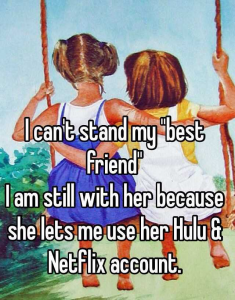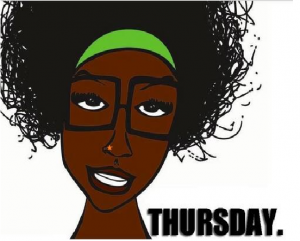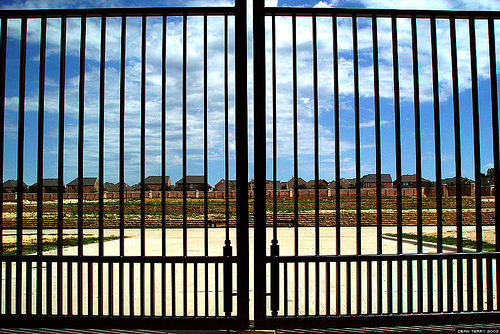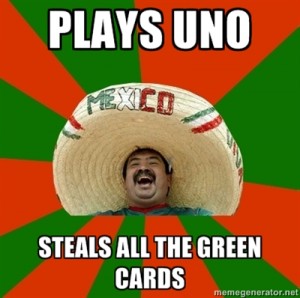My YouTube Playlist
YouTube. A mating ground of creativity, eclecticism and adorable cats. I’ve been on it since I got my first computer in 2008, and since then, I’ve been amazed by the amount and quality of content that people on this website could produce. One of the greatest and most unique things about YouTube is the fact that it can cater to literally any interest that anyone could possibly have. This, really, is why it’s so popular. Want to learn how to knit? YouTube. Want to listen to mostly any song ever recorded? YouTube.
My gateway drug into YouTube was through Kyle Landry, a talented teenage piano player from Massachusetts. One of his songs, Dearly Beloved, was from a video game I loved to play at the time (Kingdom Hearts), and it struck me the second I listened to it. I was hooked. I watched every single one of his videos, and even put them on as I fell asleep at night. I was continually inspired with how hard he worked at perfection, and ultimately, it inspired me to work harder on my musical skills. Still to this day, Kyle Landry is my favorite YouTuber.

After a while though, I decided to venture out from this one channel. At around this time, Beauty Gurus were starting to surface. I started watching those videos too, as I do to this day. I got into vlogs, watching one a day as they filmed it (I primarily watch CTFxC and it’sJudy’sLife now). Vlogs are fantastic because you really do feel like you’re living their life with them, but not in a creepy way of course. You grow with them, even though you’ve never met. It’s a very YouTube centric and original platform, as far as I know, and I’m not sure what my everyday life would be like without it.


My deepest connection to YouTube lies in a video I stumbled upon accidentally. One day about a year and a half ago, me and my brother were on YouTube, and came across a very strange video called “Cooking With Dog”. Thinking that it was some strange, sadistic video of a woman cooking her dog, we of course clicked on it. Instead, we found a sweet Japanese woman and her eerily well-trained poodle Francis teaching us how to make a cake. Well, the dog didn’t do much but “narrate” the cooking video, but still, it was so strange and adorable that we couldn’t stop watching. My brother watched every single one, and decided he wanted to start making the recipes based on the videos from Cooking With Dog. Over time, he became very good at it, and is now training to go to the Culinary Institute of America. All because of a little 5 minute video about a woman and her dog in a kitchen.

In the end, YouTube is a cornerstone of my life. It’s where I learn, and where I relax. The people on it have inspired me, and others around me, to do better, and to be better. This may all sound cliche, but it’s true. Though it may be just another website on the big ‘ol Internet, it still affects people every single day, with every single video.


 When I go back to school I often miss a season due to the lack of availability I have with television. This past semester I found out one of my friends has a Hulu Plus account he never uses. Being the good friend I am, I offered to watch the missing seasons of my favorite show, not even needing to turn on my TV in my dorm room. I also have a friend who graciously pays for her Netflix account while letting me and a few others mooch off of her. Thanks to my great friends, I really have no need to sit and watch television, because I can watch my favorite shows on my computer screen for free. It is interesting to see the shift from television to web in my life because of its convenience and low cost.
When I go back to school I often miss a season due to the lack of availability I have with television. This past semester I found out one of my friends has a Hulu Plus account he never uses. Being the good friend I am, I offered to watch the missing seasons of my favorite show, not even needing to turn on my TV in my dorm room. I also have a friend who graciously pays for her Netflix account while letting me and a few others mooch off of her. Thanks to my great friends, I really have no need to sit and watch television, because I can watch my favorite shows on my computer screen for free. It is interesting to see the shift from television to web in my life because of its convenience and low cost.













